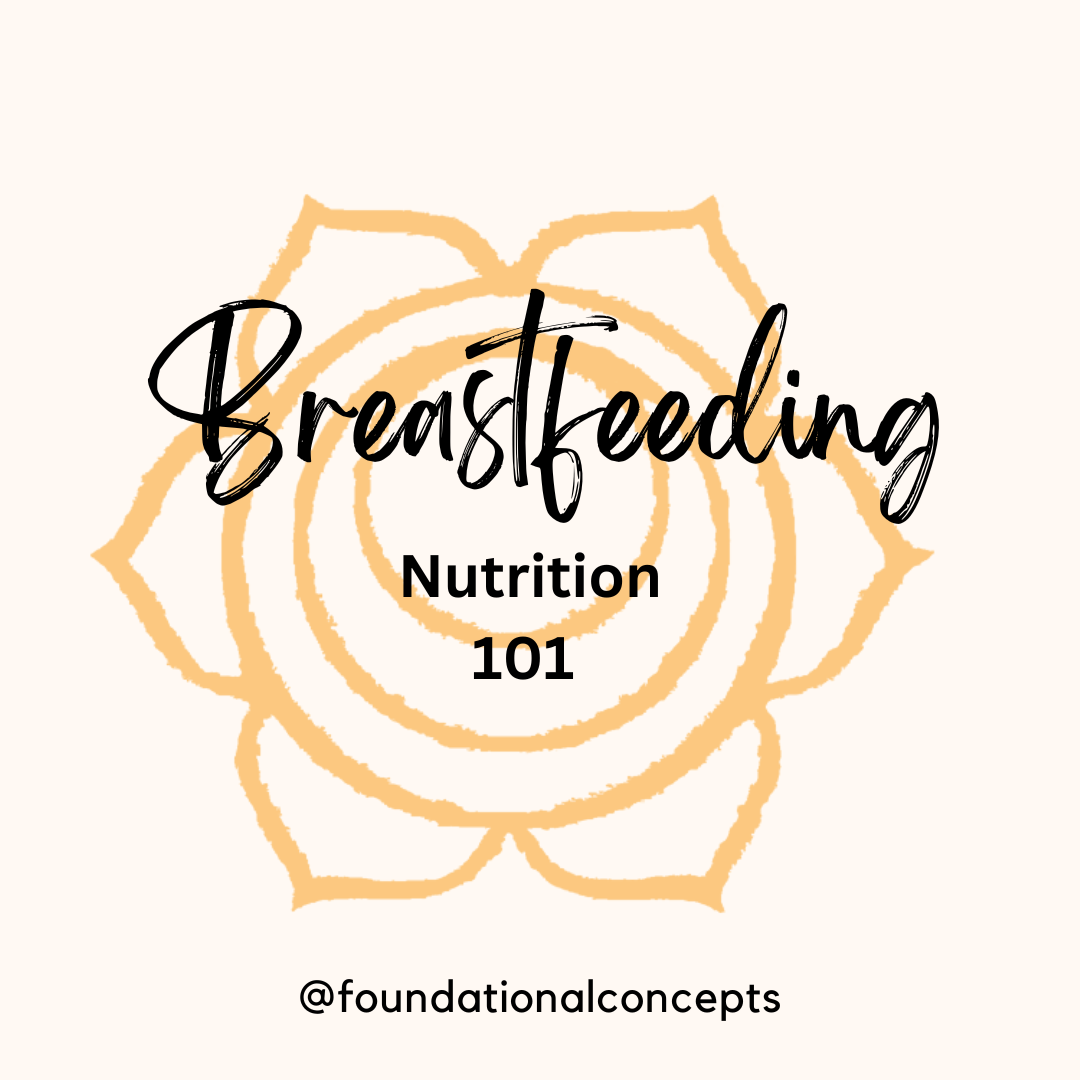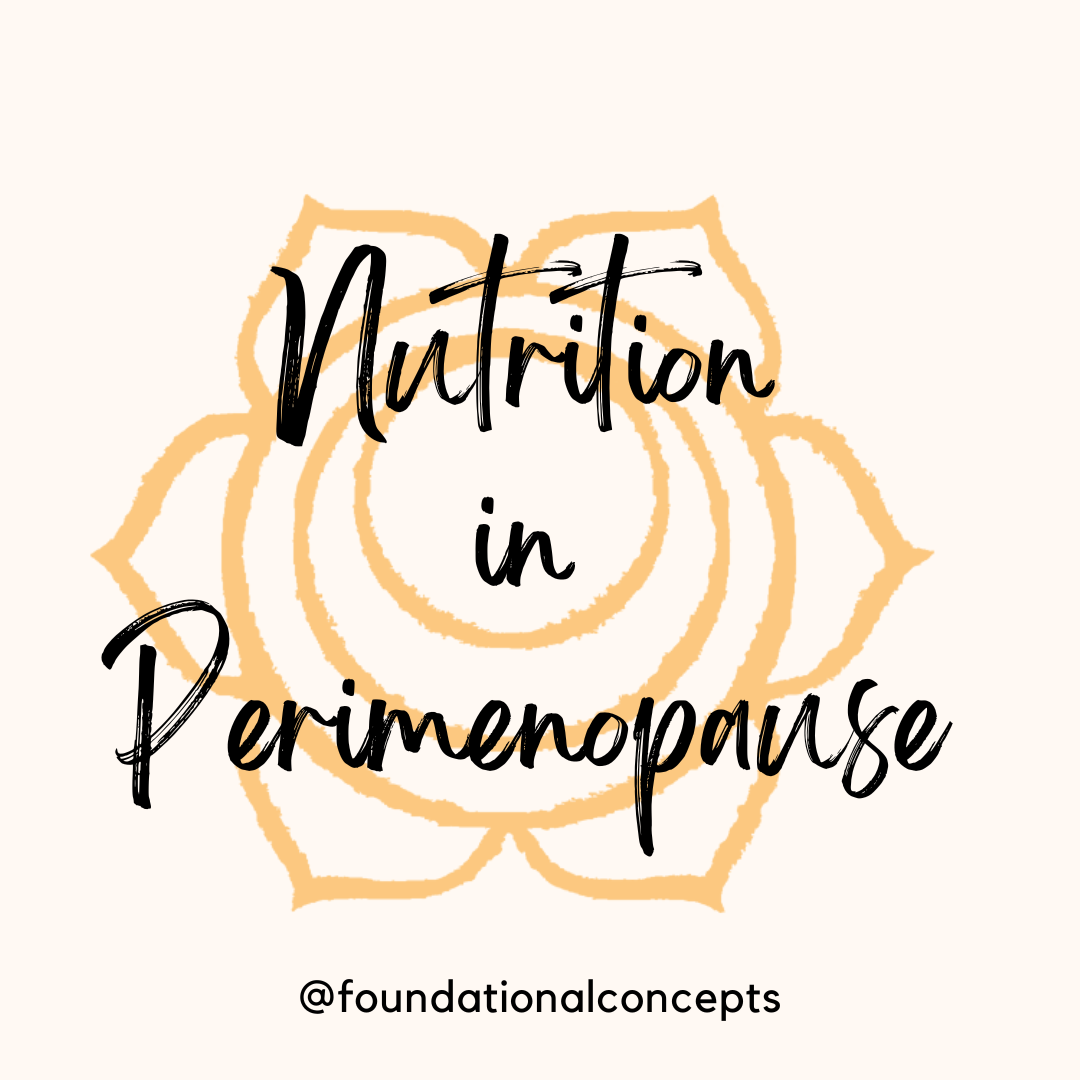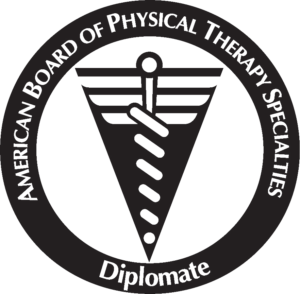Nutrition plays such an important role in our pregnancies and post-partum periods. Breastfeeding requires time…
Are You Deficient In Vitamin D?
Recently, I had routine lab work done. For a second time I had a vitamin D deficiency. What does vitamin D do? Why does my body need it? And why am I deficient? Many of us are at risk for having a vitamin D deficiency.
What does vitamin D do?
Vitamin D is a nutrient and a hormone. Vitamin D helps the body absorb and retain calcium and phosphorus. This is important in building strong bones and teeth. Our muscles, including the heart muscle, also have receptors for vitamin D.
What does vitamin D do?
Vitamin D is a nutrient and a hormone. Vitamin D helps the body absorb and retain calcium and phosphorus. This is important in building strong bones and teeth. Our muscles, including the heart muscle, also have receptors for vitamin D.
Why does my body need it? Studies have shown vitamin D has a role in:
- decreasing heart disease (helps control blood pressure, decreases risk of cardiovascular disease: more studies need to be done)
- boosting immune system (decreasing risk of auto-immune diseases such as: multiple sclerosis; decreasing risk of flu, tuberculosis, and infection)
- decreasing risk of certain types of cancer (such as colorectal cancer: helps reduce cancer cell growth)
- decreasing risk of osteoporosis (helps promote healthy bone)
- decreasing risk of diabetes (more studies need to be done, but studies do show an association between low levels of vitamin D and diabetes type I and type II).
- muscle strength: several studies show increased vitamin D levels and a decreased risk of falls in the elderly; one study showed higher vitamin. D levels are associated with decreased risk of pelvic floor disorders in women.
- normal blood clotting
- promotes healthy bone growth and teeth in children
What factors can cause a deficiency?
- Sunlight exposure: In these winter months with less sunlight, do we need to be careful about getting enough Vitamin D? We do – but not just in the winter months. We protect our skin from skin cancer by using more sunscreen and wearing clothes to protect our skin, so we have less absorption of vitamin D even in the summer months. Living in northern areas with less exposure to sunlight also increases a risk of a vitamin D deficiency.
- Skin tone: People with darker skin also have less absorption of vitamin D from sunlight.
- Diet: Vitamin D is also a nutrient we can get from foods. Not many foods are rich in vitamin D, so many of our foods are fortified with vitamin D. Food sources rich in vitamin D include: fatty fish such as salmon, sardines, tuna, mackerel, and egg yolks. Other foods that are often fortified with vitamin D are: milk, yogurt, cereal, orange juice, margarine/butter, and multivitamins.
- Body type/increased fat cells: obesity/being overweight or having lipedema (body type with increased accumulation of fat cells) may contribute to a vitamin D deficiency. Fat cells absorb vitamin D.
- Hypothyroidism: People with hypothyroidism tend to have lower levels of vitamin D.
- Elderly: Aging kidneys may also contribute to difficulty converting vitamin D into a useful form for the body to use.
What do you do? Talk to your doctor about having your vitamin D level checked, and talk to your physician about recommended vitamin D supplement dosages for you.
-Tami Faris OTR/L, CLT-LANA
This blog is here for your help. It is the opinion of a Licensed Occupational Therapist. If you experience the symptoms addressed you should seek the help of a medical professional who can diagnose and develop a treatment plan that is individualized for you. If you enjoyed this blog, check out our website at foundationalconcepts.net for more blog entries and to learn more about our specialty PT practice, Foundational Concepts. Follow us on Twitter @SarahpelvicPT or @Jenn_pelvic_PT and like us on Facebook/Foundational Concepts for updates.





This Post Has 0 Comments